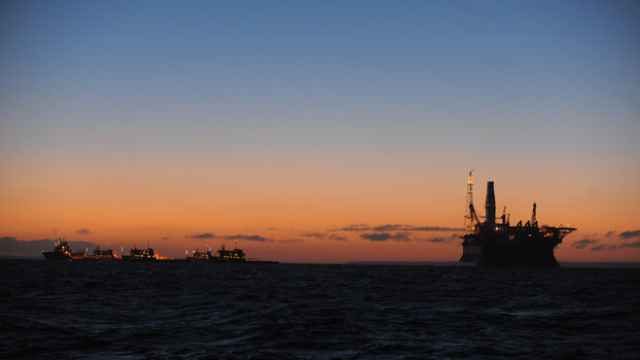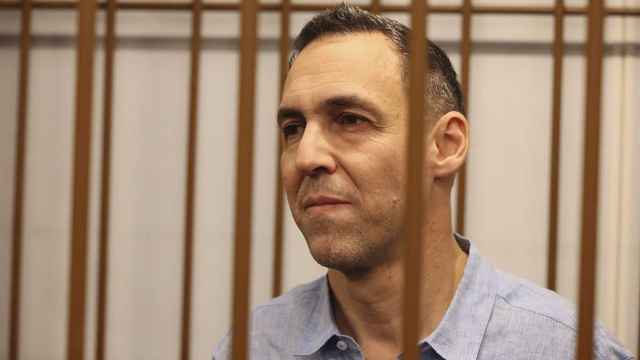French energy major Total has halted its joint venture with Russia's biggest private oil producer, LUKoil, in response to Western sanctions targeting the Russian energy industry.
"The LUKoil joint venture is definitely stopped," Total's CEO Christophe de Margerie was quoted as saying by The Financial Times this week. "But it hadn't started so it doesn't have any impact [on Total]," he added.
Total and LUKoil signed an agreement in May to set up a joint venture for tapping into the vast hydrocarbon treasury of the Bazhenov formation in western Siberia. The formation contains nearly 75 billion barrels of recoverable shale oil, according to estimates from the U.S. Energy Information Administration. Russia, the world's No. 2 oil exporter, currently produces nearly 4 billion barrels of oil per year.
Exploration drilling was expected to begin in 2015, but the plans were torpedoed by Western sanctions slapped on Russia over its support for separatist rebels in eastern Ukraine.
Earlier this month, the United States and European Union imposed sanctions on leading Russian energy companies, including LUKoil and state-run energy giant Rosneft, that prevent U.S. and EU firms from supporting their exploration or production activities in deep-water, Arctic offshore or shale projects.
The head of Total Russia, Jacques de Boisseson, said last week that the company will comply with sanctions but intends to forge ahead with its work in Russia.
Meanwhile, U.S. energy major ExxonMobil has said it will wind down a landmark joint venture with Rosneft to explore for oil in the Russian Arctic.
The company signed a $3.2 billion agreement with Rosneft in 2011 in hopes of discovering major crude oil reserves in the Kara Sea. Exploratory drilling finally began in August this year, only to come up against Western sanctions a month later.
A Message from The Moscow Times:
Dear readers,
We are facing unprecedented challenges. Russia's Prosecutor General's Office has designated The Moscow Times as an "undesirable" organization, criminalizing our work and putting our staff at risk of prosecution. This follows our earlier unjust labeling as a "foreign agent."
These actions are direct attempts to silence independent journalism in Russia. The authorities claim our work "discredits the decisions of the Russian leadership." We see things differently: we strive to provide accurate, unbiased reporting on Russia.
We, the journalists of The Moscow Times, refuse to be silenced. But to continue our work, we need your help.
Your support, no matter how small, makes a world of difference. If you can, please support us monthly starting from just $2. It's quick to set up, and every contribution makes a significant impact.
By supporting The Moscow Times, you're defending open, independent journalism in the face of repression. Thank you for standing with us.
Remind me later.






